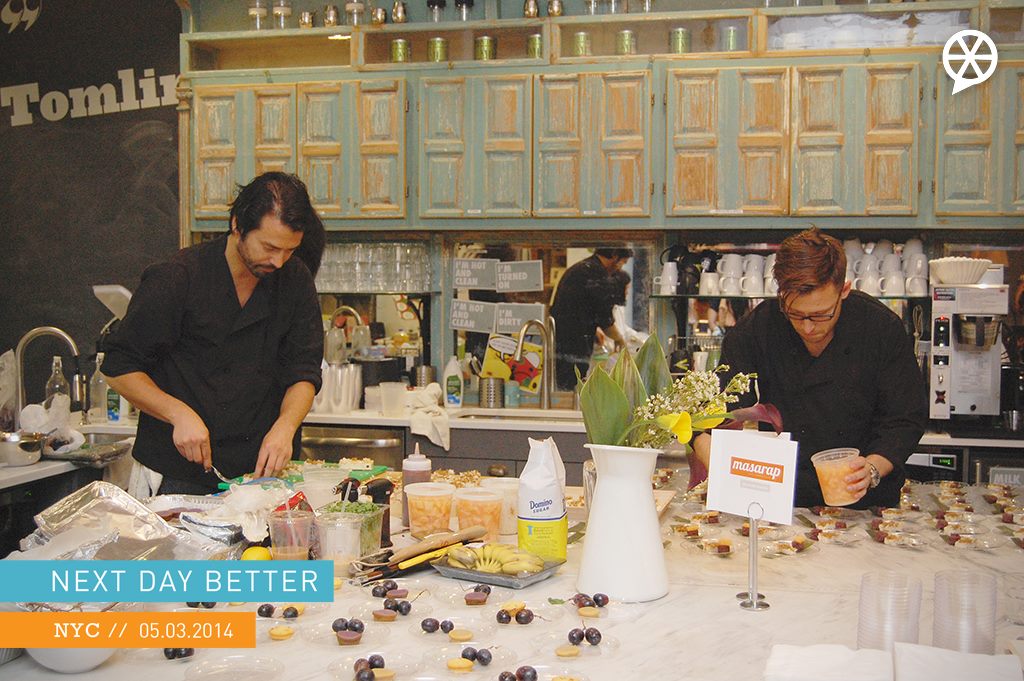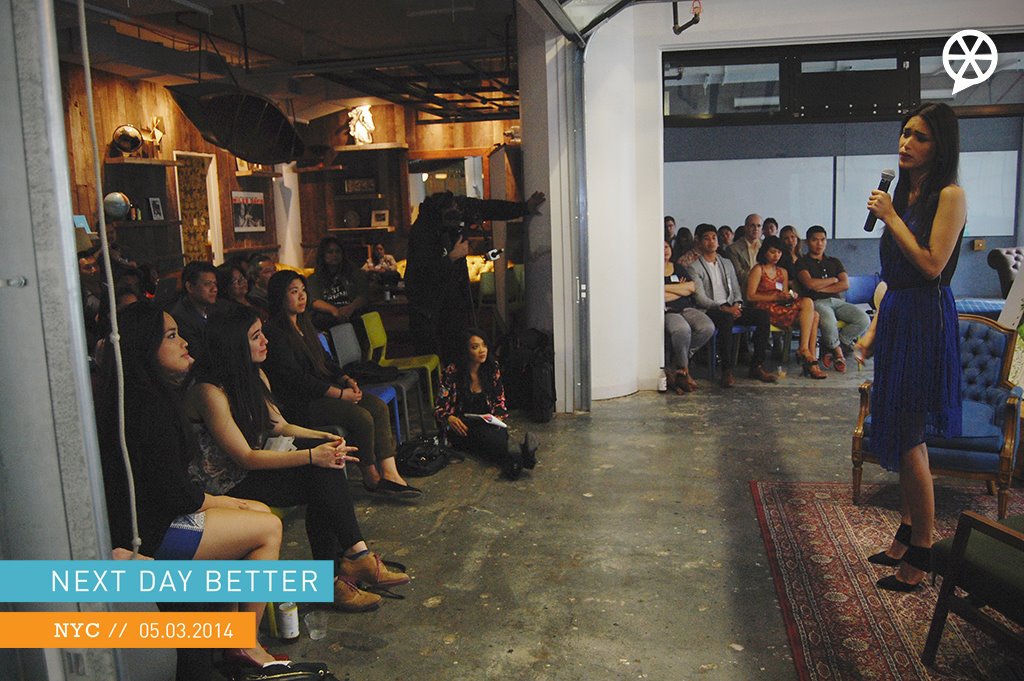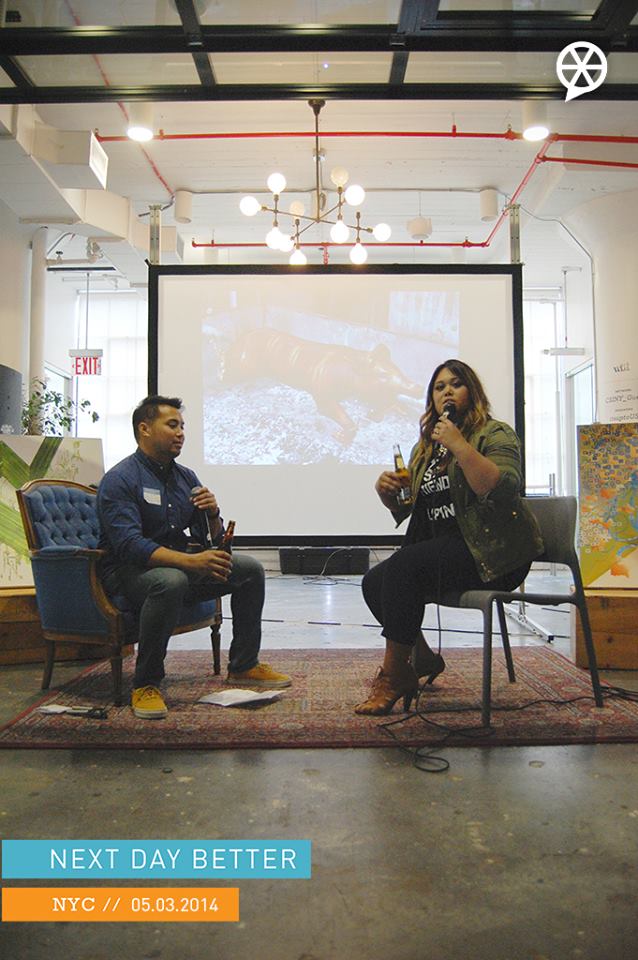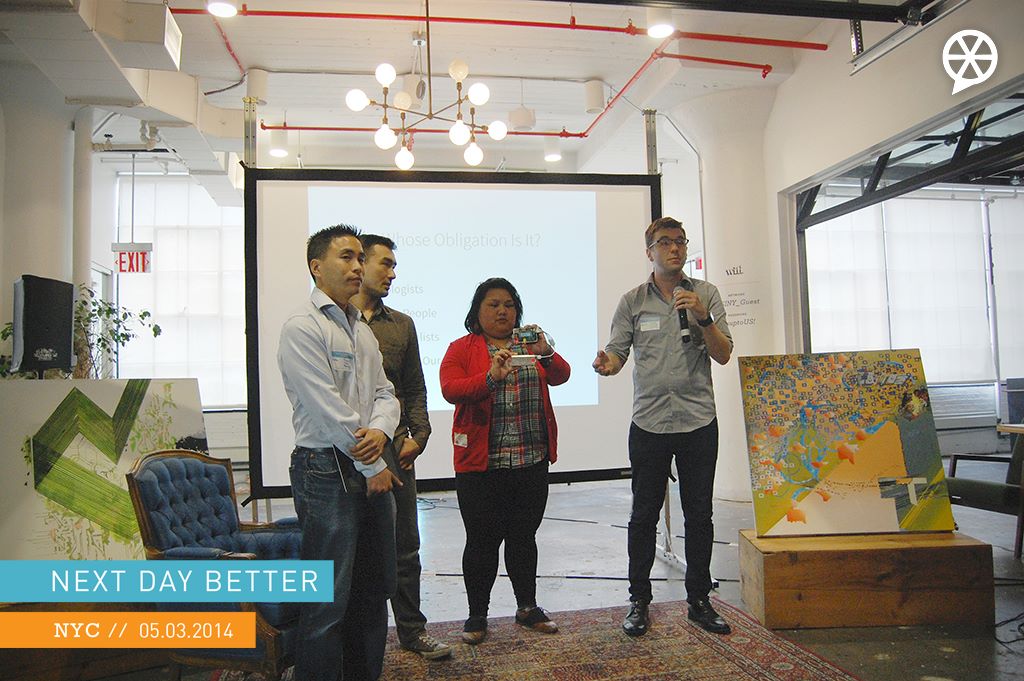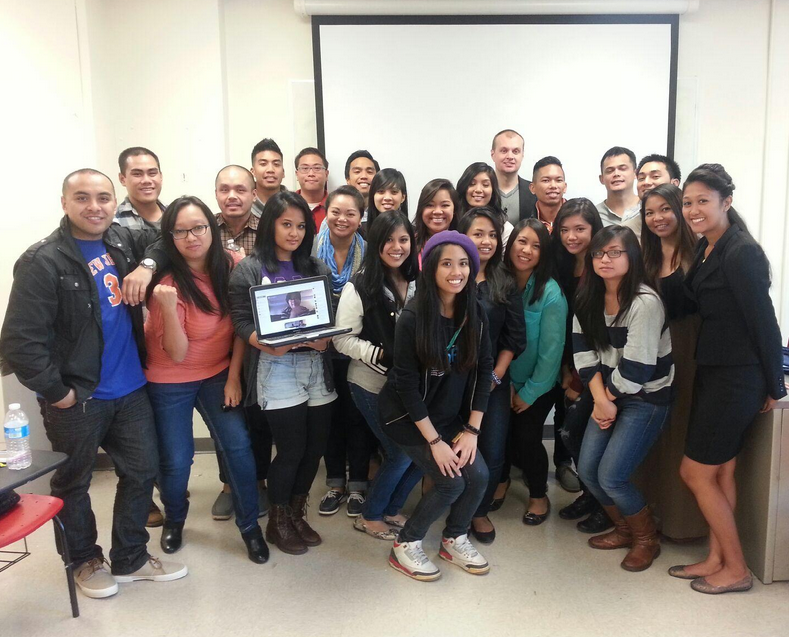Originally Posted on Asiaamericana.com
James Villar moved to the United States, with his family when he was only three years old. He recalls, “I didn’t really have a choice in why we immigrated here. This was in 1971, and my parents came here looking for a better life for us all. My family included my mother and father, myself, my two older brothers, and one younger sister.”
James lives in Chicago, IL, and is currently employed as a government contractor, with a focus on Information Technology and Healthcare. He is also a member of the Illinois Army National Guard, and a co-founder of a Veteran’s healthcare services organization.
When asked about his biggest accomplishment while living in America, he says “I suppose I could count surviving a house full of girls as my biggest accomplishment here. Watching them grow from babies to adults. Sure, it was great, but those teenage years can really age someone.”
All throughout his life as a Filipino American in the US, James has accounted a number of professional successes, and an almost equal amount of failures. “One thing that I am proud of is being a US Marine. My time with the Marines actually helped me later on in life, especially when times were tough. I was able to persevere and rely on the discipline that I learned with them,” James explains.
James and his family have been involved in a lot of community-building efforts. His parents have a long track record of supporting projects that benefit the local Filipino American community in Chicago, and communities in the Philippines. James recalls, “I look at how far our community has come, from the early days to present, and I would say that I’m proud to be a part of it. So many of our community members found success and through that success, they have contributed so much to making this country great.”
James received the Philippine Military Civic Action Award for Services during the Mt. Pinatubo eruption in 1991. The Award was given by the Philippine Consul General Office in Chicago. James was a young US Marine at that time stationed in Subic Bay. He got the award 23 years later.
James interviewed and featured by ABC7 News during the awarding ceremony at the Philippine Consul General Office in Chicago.
James with his family, (L-R): Angelique, Renee, Bonnie (wife), Scarlett (granddaughter), Jaimie, Danielle
About the Author
Ryan Tejero is a Chicago-based journalist, where he is writes a monthly column on “Club President,” for a Filipino American newsmagazine, Via Times. He is also currently the Editor-in-Chief of the national newsletter of the National Federation of Filipino American Associations. Overseas, Ryan co-founded, and is currently the Editor-in-Chief of the online newsletter, Pinoy Sa Romania, which is the first newsletter of the Filipino community in Romania. He also maintains a column on “Spotted Filipino on the Map,” for a Filipino newsmagazine, Pasa Pinoy in Melbourne, Australia. Ryan graduated from the University of the Philippines with Philosophy and Political Science majors.
About Asia Americana
Asia Americana is about Asian Americans, or US Asians, numbering about 18.7 million (5.8% of the US population) and the fastest growing racial group in the country. By the year 2050, Asian Americans will be more than 40.6 million and will represent 9.2% of the total US population. Asia Americana features the most compelling stories of Asian Americans: our joys, our sorrows, our successes, and our struggles in blending and mixing with mainstream America, with the hope that America will embrace us as partners in this journey to form a stronger and more equitable union. Asia Americana also aims to put Asian American issues at the forefront, topics that are near and dear to us and use our news magazine as a forum to further our causes. A dynamic online news magazine, Asia Americana hopefully will incite critical thinking and discussion, promote ideas, inspire change, and awe the imagination.
Asia Americana is everything fresh and relevant to Asians and Asian Americans. Welcome to Asia Americana.






